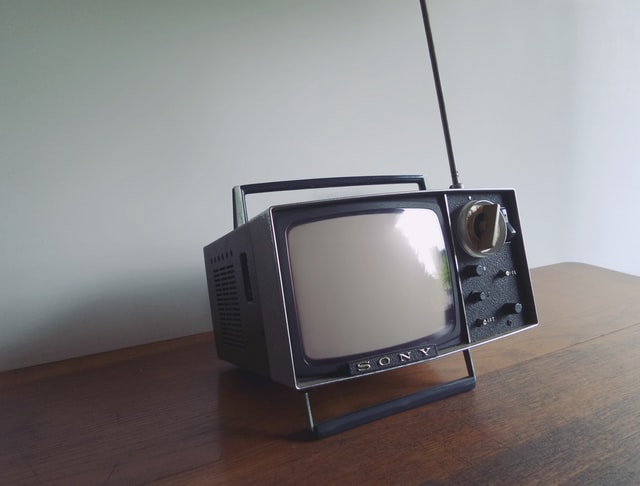The relationship between books and television has been a complicated one. Many people often mention that TV is a “robbery” of the written word, as it changes the way people read.
“A hot button issue in publishing circles is about TV shows that have novel-length plots based on books,” says Dr. Deborah Wilkes, assistant professor of Media Studies at Seton Hall University.
“In some cases these are very well done, but there’s also a lot of pressure from both book publishers and authors for those shows to be true to the original text.”
What is the role of books in television?
As a Bookmark Editor for The Huffington Post, I cover the intersection of TV and Books as well as interesting book-related television shows.
In my two previous posts (click on the following links to read them) I mentioned that “[television] has always had a significant part of how we consume books and reading.
For example, 24, the popular FOX series starring Kiefer Sutherland and based on a novel by former New York Times bestselling author and columnist Joel C. Rosenberg, took its inspiration from the book 24: Redemption by Kiefer Sutherland.
Here is the answer to what are two major facets of the relationship between books and television?
1. What role do books play in building and sustaining a great TV show?
How the written word is changed (and even lost) when it is turned to television :
Television and books have a complicated relationship.
The majority of the time, the book version is identical, and fans and critics alike remain silent about them being different.
However, there are sometimes instances where one or more details are changed for one reason or another. This is the case when a television show has been influenced by a book.
2. Why does this occur?
Many times when a TV show is based on books, it does not result in a differing plot line or at least not one that makes a difference to the casting or production of the book.
As a matter of fact, there are some instances where the book and the show have very little in common, and critics have even stated that they did not see “much” between them.
These differences range from being minor to being completely different. Sometimes the change can be one-dimensional while other times it can be very complex.
In other words, it depends on what you consider to be something worth noting for this relationship.
This is the case where a book is turned into a television series.
For example, “24” was originally a novel which was later turned into a TV show and then back into a sequel to the original story.
Some stories and plots lend themselves well to television shows while others do not translate as well. There are instances where casting can be an issue or what audiences want to see may not align with the original author’s vision.
When this happens, directors and screenwriters have to be creative as they work to translate books into films and/or TV series.
However, it’s important for these professionals to remember that changes do not need to be made without considering how those changes will affect those who read the book.
The major factors of relationship between books and television :
How does the written word change when it is turned to television?
TV series were created long before the advent of books. If you think about it, how many TV shows based on books existed before there were TV shows based on books?
If you seriously consider this possibility, then you realize that television has always played a role in how people read.
And rather than take away from reading, as some people claim it does, TV actually helps books gain more popularity and interest by allowing more people to become familiar with them.
Also, these shows do not always feel like book adaptations. Some shows, such as “Lost,” “Breaking Bad,” and “Into the West,” incorporate aspects of literature in such an original way that it’s difficult to even call them adaptations.
Another interesting take on this topic would be to consider how books have influenced television.
Many people have noticed that there are plenty of TV series that have been adapted from novels. Some of the early authors who were influential in this way were Agatha Christie, Christopher Hampton, Jane Austen, and Alice Randall.
Then there are the modern-day authors who have also published some work adapted for TV on programs such as “The Unit,” “CSI,” “The Sopranos,” “ER,” and “The Good Wife.











